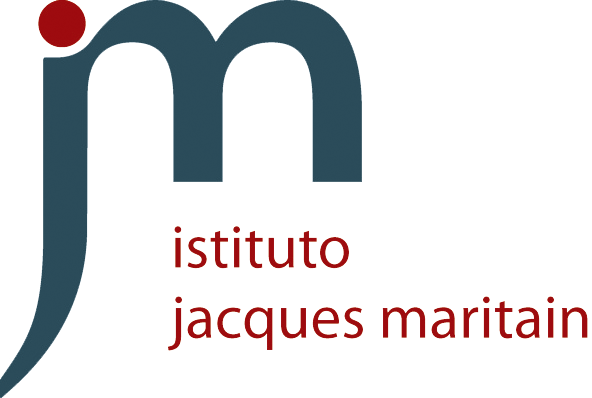Europa: un’unione difficile? Letture attraverso la filosofia della storia

Muovendo dal carattere paradossale di quel «non-luogo» in cui l’Europa consiste, l’Autore ragiona sulle due idee di Europa individuate da Isaiah Berlin: quella fondata sul principio dell’universalismo e quella che si richiama alla specificità irriducibile degli uomini e delle culture. Tale distinzione viene ripensata in un percorso che si snoda tra Herder, Novalis e Kant e che arriva a mettere in luce l’urgenza di fare i conti con la nientificazione dell’uomo di cui l’Europa, nonostante tutto il suo tesoro ideale, è stata capace.
Moving from the paradoxical nature of that “non-place” that Europe consists of, the essay examines the two ideas of Europe identified by Isaiah Berlin: one that is founded on the principle of universalism and the other related to the inflexible peculiarity of men and cultures. This distinction reflects the thought of Herder, Novalis and Kant, and highlights the need to solve the negation of man caused by Europe, regardless of its ideal fortune.
